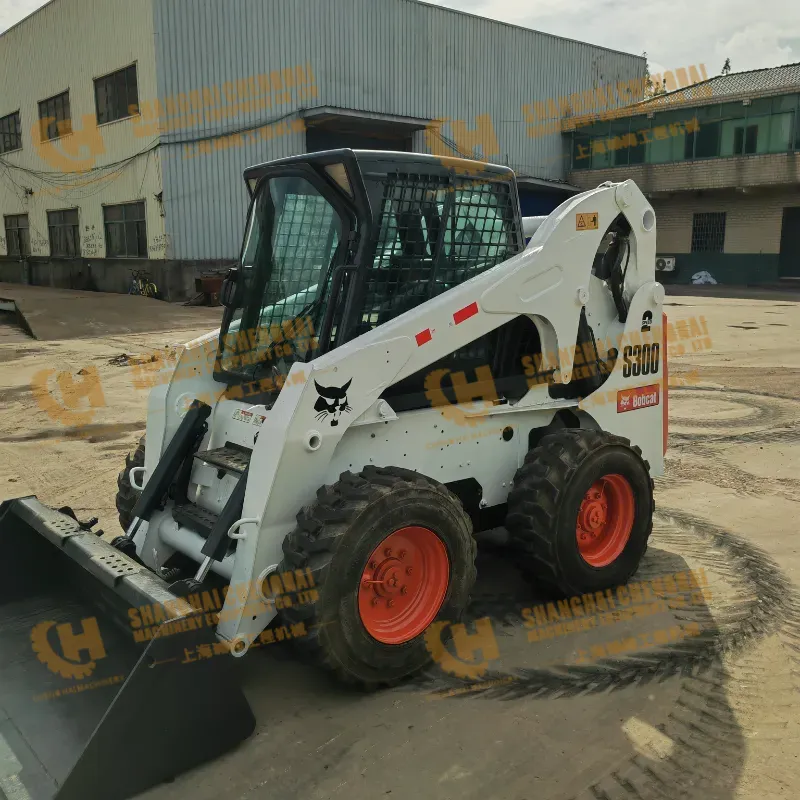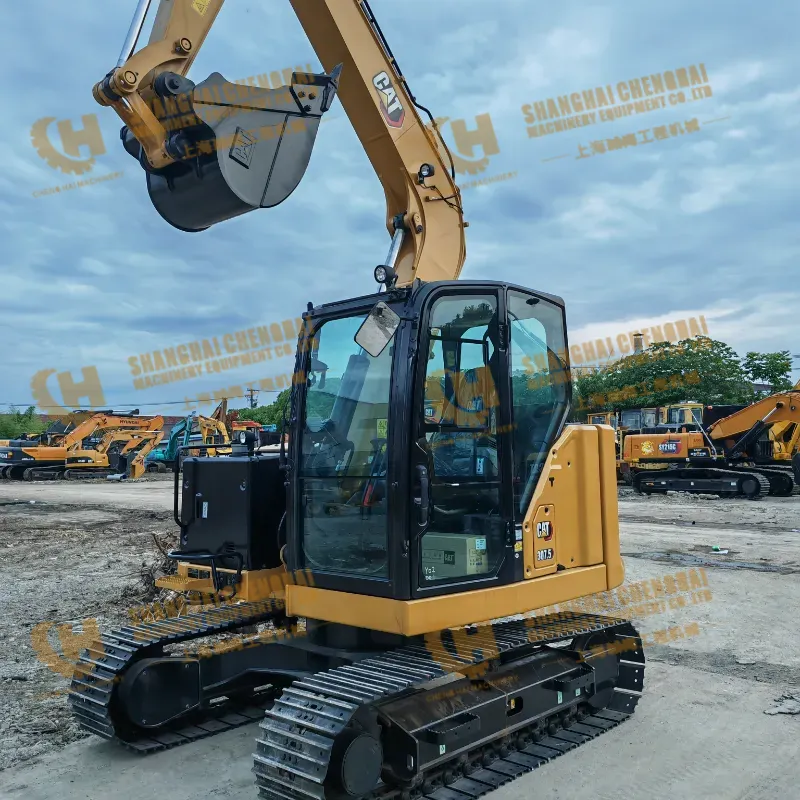How to Choose a Cost-Effective Used Loader
Release time: 2025-08-28
Table of Contents
Loaders are essential heavy machinery in industries like construction and mining. Due to the high cost of new loaders, many businesses and individuals choose to purchase used loaders to reduce initial investment costs. However, choosing a cost-effective used loader presents a significant challenge for many buyers. Chenghai offers practical advice to help you find the best value for money in the used loader market.
Understand the Brand and Model of the Equipment
When choosing a used loader, it’s important to first understand the performance characteristics of different brands and models. Well-known brands such as Caterpillar, Komatsu, and Liugong generally represent higher technical standards and longer service lives. While these brands may be more expensive, used loaders generally offer greater reliability and durability.
Furthermore, each loader model varies in design and performance. Understanding the operating capacity, application scenarios, and maintenance intervals of the selected model will help you better assess its value for money. For example, some small used loaders are suitable for urban construction projects, while larger ones are better suited for heavy-duty operations like mining or quarrying.
Check the Equipment’s Age and Condition
The age and condition of a used loader directly impact its performance and future maintenance costs. Before purchasing, be sure to understand the equipment’s age. It’s best to choose a machine that’s less than five years old to minimize the risk of purchasing equipment with significant wear and tear. Loaders that have been used for extended periods of time may experience increased wear and tear, leading to higher repair costs.
In addition, it’s crucial to understand the equipment’s operating environment and usage history. If a used loader has been operated in harsh environments (such as high temperatures and high humidity), component wear will increase. Therefore, inquiring about the seller’s operating history, regular maintenance, and any major overhauls are crucial factors in selecting a cost-effective used loader.
Inspect the Equipment’s Mechanical Performance and Appearance
When selecting a used loader, a thorough inspection of the equipment’s mechanical performance is crucial. First, check the engine’s operating condition. The engine is the core component of the loader, and its performance directly impacts the vehicle’s efficiency and service life. Check for oil leaks, unusual noises, or vibrations to ensure proper engine operation.
Next, inspect key components such as the hydraulic system, transmission, and brake system. Damage to these systems can affect the loader’s operating accuracy and safety. Check for clean hydraulic fluid, cracks in the oil lines, and smooth transmission operation.
Appearance-wise, check for visible cracks or deformations on the loader’s exterior. These are often signs of collisions or heavy use, and could indicate hidden internal issues.
Pay attention to the equipment’s maintenance history and service records
A used loader’s maintenance history is crucial for evaluating its value for money. Equipment with a good maintenance record and regular inspections and maintenance typically has a longer service life. Checking repair records to determine if necessary replacements and maintenance have been performed can effectively reduce the risk of equipment failure after purchase.
Some sellers may provide repair records or certificates, which are crucial to your decision. If the seller doesn’t provide this information, you can request a comprehensive inspection to ensure the equipment is free of potential problems.
Compare Price to Market Conditions
Price is a crucial factor to consider when purchasing a used loader. You should assess the market value based on the brand, model, age, and working condition of the equipment. If a used loader is priced significantly below market value, consider it with caution. An excessively low price may indicate serious equipment problems or impending obsolescence.
Before purchasing, it’s best to research market prices for similar equipment from multiple sources. By comparing the equipment’s market value, you can avoid being misled by an unreasonable price.
Consider After-Sales Service and Parts Availability
Another important consideration for a used loader is after-sales service and parts availability. Understand the seller’s after-sales service policy, such as whether it offers a warranty or repair support. Additionally, ensure that spare parts are readily available to avoid maintenance difficulties caused by parts shortages.
Summary
Choosing a cost-effective used loader is no easy task. It requires comprehensive consideration of factors such as brand, age, operating condition, and repair history. During the purchasing process, choose a reputable vendor and request a comprehensive equipment inspection. Through careful comparison and evaluation, you can find a cost-effective, stable used loader that will provide strong support for your project.
By understanding the above selection tips, you will make more informed decisions in the used loader market and maximize your return on investment. If you’re considering buying a used loader, here are some tips to save money and increase productivity for your business.


